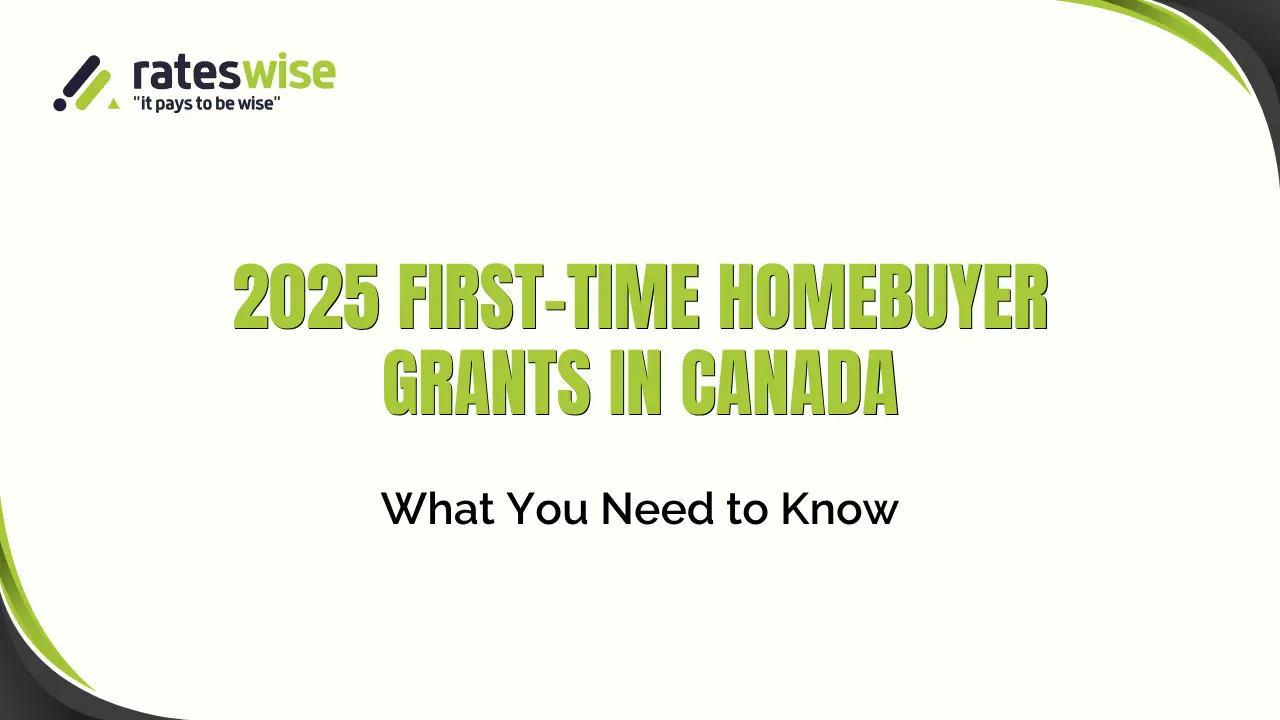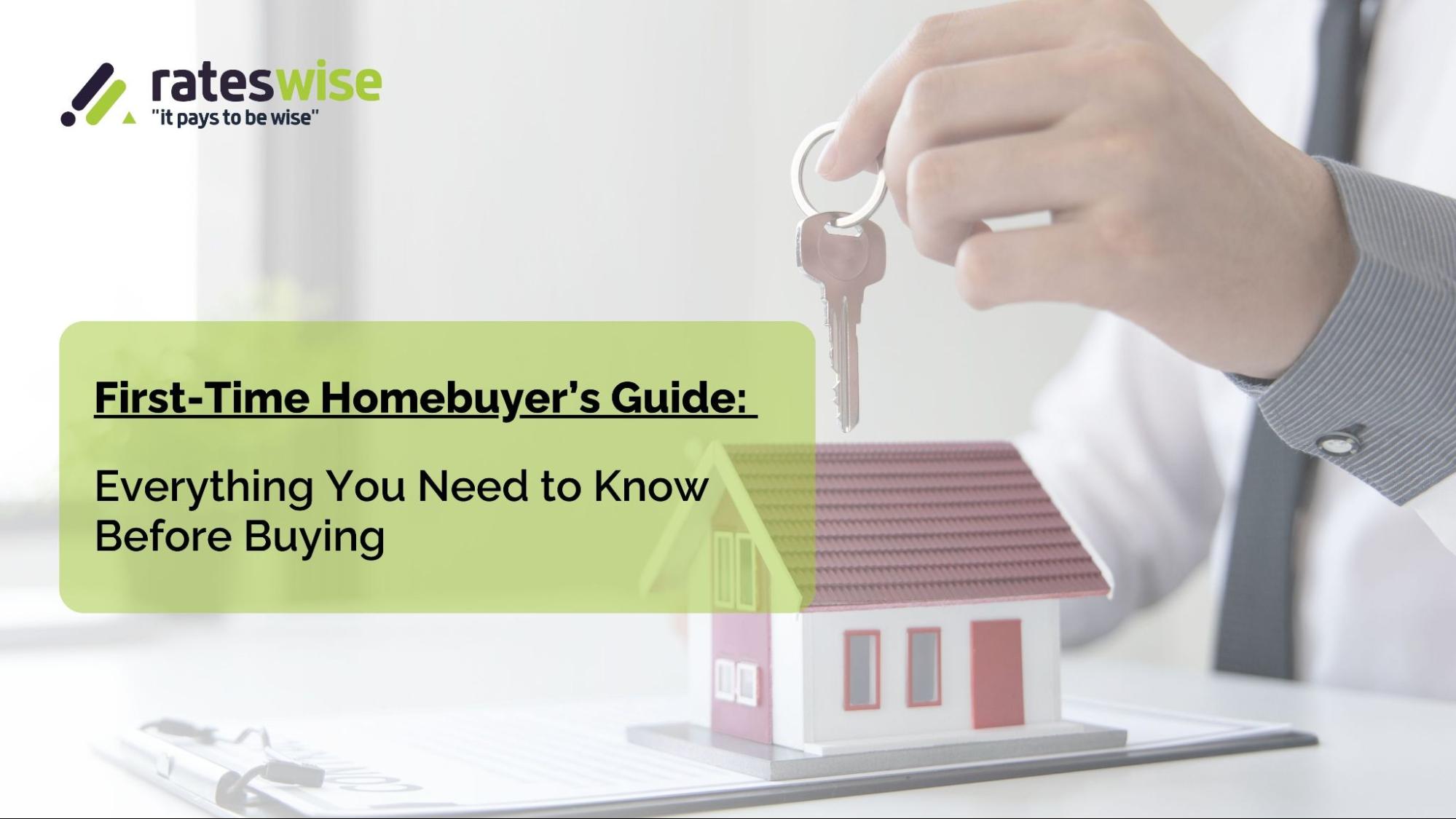First-Time Homebuyer Grants in Canada: The 2026 Complete Guide

Updated: December 2025
Let's be real: Buying a home in 2026 is a grind. Prices are high, and while interest rates have stabilized, affordability is still the biggest hurdle.
But if you buy a property without utilizing the available First-Time Homebuyer Grants in Canada, you are literally setting money on fire.
The rules have settled. The confusing "shared equity" programs of the past are dead. The new system is all about Tax Advantages. This guide covers every dollar available to help you close the deal.
CA Quick Snapshot: 2026 Incentives
- ✅ FHSA (The King): The single best tool for down payments.
- ✅ RRSP Home Buyers' Plan: Withdraw up to $60,000 tax-free.
- ✅ First-Time Tax Credit: Get $1,500 cash back.
- ✅ Land Transfer Rebates: Save up to $4,000+ (Ontario/BC/PEI).
- ❌ FTHBI (Shared Equity): DEAD. Discontinued in 2024.
Top First-Time Homebuyer Grants in Canada Available in 2026
When we talk about First-Time Homebuyer Grants in Canada, we are focusing on the three major federal programs available to every citizen and permanent resident, regardless of province.
1. The Powerhouse: First Home Savings Account (FHSA)
By 2026, this account has become the gold standard. If you don't have one, you are losing money.
- The Benefit: You can contribute up to $8,000/year (Lifetime limit: $40,000).
- Why it’s great: It combines the best of an RRSP and a TFSA. You get a tax deduction when you put money in, and you pay ZERO tax when you take it out for a home.
- 2026 Strategy: If you opened this in 2024 but didn't max it out, you can carry forward unused room. Check your CRA account.
2. Home Buyers’ Plan (HBP) – The $60k Standard
The withdrawal limit is now permanently set at $60,000.
- The Benefit: Unlock $60,000 from your RRSP tax-free for your down payment.
- The Catch: It’s a loan to yourself. You have 15 years to pay it back into your RRSP.
- Pro Tip: Buying with a partner? You can both use this. That is $120,000 of tax-free liquidity instantly.
3. First-Time Home Buyers’ Tax Credit (HBTC)
This won't help with the down payment, but it saves you at tax time next year.
- The Benefit: A $10,000 non-refundable tax credit.
- The Cash Value: It reduces your tax bill by $1,500.
- Use it for: The "hidden costs" of moving (Legal fees, inspections, or furniture).
.webp)
Provincial Grants: Regional Savings
Where you buy determines how much extra cash you get.
📍 Ontario
- The Deal: Land Transfer Tax Refund.
- The Value: Up to $4,000 off your closing costs.
- Toronto Bonus: Buying in the 416? You get an additional rebate of up to $4,475. Total potential savings: $8,475.
📍 British Columbia
- The Deal: Property Transfer Tax (PTT) Exemption.
- The Value: 100% Tax Free on the first $500,000 of the fair market value.
📍 Prince Edward Island (PEI)
- The Deal: Real Property Transfer Tax Rebate.
- The Value: Up to $2,000 for first-time buyers.
📍 Alberta & Saskatchewan
- The Value: Automatic Savings. You don't need a rebate because there is no Land Transfer Tax.
⚠️ Important: The FTHBI is Dead
You might see old blogs mentioning the "First-Time Home Buyer Incentive" (where the government took 5% equity). That program is gone. It was discontinued in March 2024. Do not build your budget around it.
The Winning Strategy for 2026
Don't just pick one program. Stack them.
- Max out your FHSA for the tax deduction.
- Withdraw from RRSP (up to $60k) tax-free.
- Claim Provincial Rebates on closing day.
- Claim the Tax Credit when you file taxes.
👉 Talk to a Rateswise Mortgage Strategist
Do you know exactly how much mortgage you qualify for today?The market is competitive. Inventory is tight. You cannot afford to make a mistake on your financing.Final Thoughts
FAQs
Q: Can I use the FHSA funds for closing costs?
A: Yes. As long as the withdrawal is for a "qualifying home purchase," you can use the cash for the down payment, closing costs, or renovations.
Q: Are there specific First-Time Homebuyer Grants in Canada for new builds?
A: Yes! The GST/HST New Housing Rebate is available if you buy a brand-new home or build one yourself, provided the value is under certain limits (usually $450,000).FAQ
About the Author
Rateswise's Mortgage Advisor and content strategist
The staff at Rateswise makes home finance easier for Canadians. Regardless of where you are in the homeownership process, we help you make smart financial decisions by breaking down rates, grants, and lender options.
Related Articles
